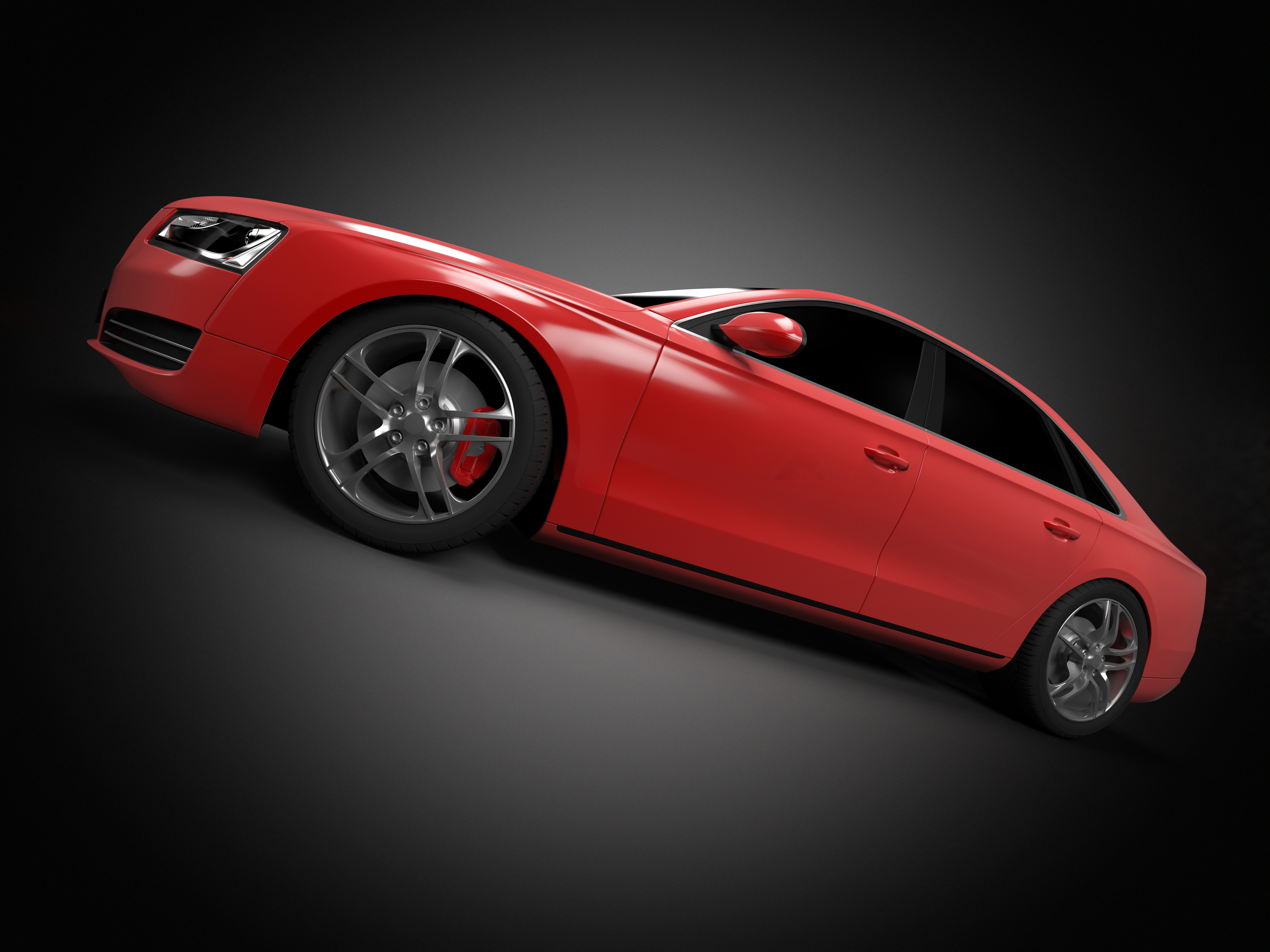Whether you’re a seasonal traveler or you take long trips to explore new destinations, it may make sense to ship your car to your destination instead of renting or relying on public transportation. However, shipping cars long distances can seem overwhelming, especially when your car’s safety is on the line.
There are generally two car transport services by road: Open transport and enclosed transport, each with their pros and cons. Learn the differences between these two options – including their benefits, risks, and costs – and how you can make the right choice for your next excursion.
The Essentials of Car Transport: Open vs. Enclosed Options
Both open-air trailers and enclosed trailers will get your vehicle from point A to point B, but there’s a lot to consider in terms of safety and budget.
Open car shipping transports your vehicle on an open-air trailer that’s exposed to the elements. While it’s similar to driving on the open highway, your car is vulnerable to damage from weather or road debris. However, it’s a cheap shipping option.
Enclosed car transport involves transporting your vehicle inside an enclosed car trailer. There’s extra protection from the elements and road debris, but it’s more expensive. People often use enclosed car transport for high-end vehicles like classic cars, exotic cars, and antiques or luxury cars.
Benefits of Open Car Transport for the Budget-Conscious Traveler
If you want to ship a car to another state economically, open car transport is the best choice. Open trailers fit more cars, splitting the cost of the trip between multiple vehicles. Plenty of auto transport companies offer open car transport, so the shipping dates are more flexible.
While it’s generally safe to ship open air for a vehicle you drive regularly, there is an increased risk of damage from weather or road debris. For example, a rock kicked up on the highway can hit your car, leaving a scratch or dent.
That said, there are safety benefits to open car transport. Open trailers often sit lower to the ground than enclosed trailers, so they can load low-clearance vehicles more easily than trailers with steep ramps. In addition, vehicles exposed to the open air get more airflow, minimizing the risk of condensation and moisture damage.
Why Enclosed Car Transport Is the Premium Choice for Luxury Vehicles
Enclosed car transport ships vehicles inside trailers with metal sides, roofs, and doors. Some enclosed trailers have climate control as well. Generally, enclosed trailers ship one car at a time for more personalized care.
Vehicles traveling in an enclosed trailer are protected from rain, snow, hail, and road debris that can damage the exterior. The trailers have doors that lock without additional access points, reducing the risk of vandalism or theft. If you’re concerned about your car’s safety, enclosed trailers with door-to-door delivery can be loaded discreetly.
How much does it cost to ship a car with an enclosed trailer? Unfortunately, enclosed trailers can be 40 to 60% more expensive than open car transport. For high-end vehicles, such as rare, antique, custom, or luxury cars, the risks of damage from driving your vehicle yourself or loading it onto an open car trailer may be too great, justifying the cost.
Because enclosed trailering is a specialized service, it can be more difficult to find companies that offer this service on your desired dates. You may need to plan in advance to ensure that you can ship your car at a time that coincides with your vacation dates.
Navigating Weather Considerations: The Impact on Open and Enclosed Transport
Weather is a key consideration in choosing between open and enclosed transport, as it can significantly impact either service. Here’s what you should consider:
Safety: Vehicles transported on open trailers are exposed to the elements, including rain, snow, hail, and debris. Inclement weather can increase the risk of damage to your vehicle.
Delays: Severe weather conditions, such as heavy snowfall, storms, or natural disasters, can cause delays in delivery schedules. Drivers may need to take alternate routes to minimize the risks.
Vehicle damage: High winds, hail, flying debris, scorching sunlight, and other weather conditions can affect vehicles transported on open car trailers. Professional auto transport companies take precautions, but extreme weather is still riskier with an open trailer.
Visibility: Poor weather conditions can affect driver visibility, braking time, and other safety factors, which may impact the safety of vehicles on the trailer. This applies to both open and enclosed transport, but the extra weight of an open trailer with multiple cars can be more dangerous.
Security Features and Insurance: Comparing Open and Enclosed Options
Safety is paramount for reputable shipping companies. With open car transport, special straps, guards, or chains anchor vehicles down at multiple contact points to reduce movement on rough roads – minimizing the risk of scratches and dings in the process.
However, these safety measures don’t compare to the extra care and protection provided by an enclosed trailer. Companies may use hydraulic liftgates, multiple tie-down points, or customized solutions to ensure cars are secured within the trailer. They also have rear access doors with sturdy locks and other anti-theft protection to deter theft and vandalism.
Still, damage can occur with either shipping option. If it does, auto transport companies have liability insurance that covers minor scratches to major collisions. However, the extent of the insurance and what it covers can vary, so be sure to evaluate your options.
Timing and Accessibility: How Service Type Affects Your Transport Schedule
Open car trailers are widely used services for car shipping, whereas enclosed trailer shipping is a premium service that’s more of a specialty. This can affect how easy it is to book your shipment on your preferred dates.
If you have a tight shipping timeline or last-minute shipping needs, open air transport is the better option. Most auto transport companies offer this service, so it’s easier to find and book the shipment you need close to your preferred dates. You may even get deals for booking on slower days or during the off-peak season. This is less likely with enclosed trailers.
With enclosed trailers, you’re at the mercy of availability. Fewer car ship companies offer enclosed trailer shipping, so you may need to wait for an opening to secure your shipping dates. It’s likely your shipment will take longer, despite the personalized “white glove” service you receive.
Whichever shipping type you choose, booking as early as you can helps you take advantage of off-peak dates and slower periods. If you’re choosing open car transport, you may even get discount auto shipping quotes if a company needs to fill some spots on a trailer headed to your destination.
Concluding Thoughts: Making the Right Choice for Your Transport Needs
Both open car transport and enclosed transport with a reputable auto shipping company offer safe, reliable shipping to get your car to your destination, but there are vast differences between them.
Overall, open car transport is the economical option that’s suitable for daily driving vehicles, family cars, and other vehicles that you’d drive on the open road. Enclosed trailers are more expensive and typically used to transport high-value vehicles you wouldn’t drive in anything but ideal conditions, such as antiques and exotic cars.
Not sure which is right for you? Nexus Auto Transport can help. Contact us today to discuss your shipping needs or request an auto shipping quote!

